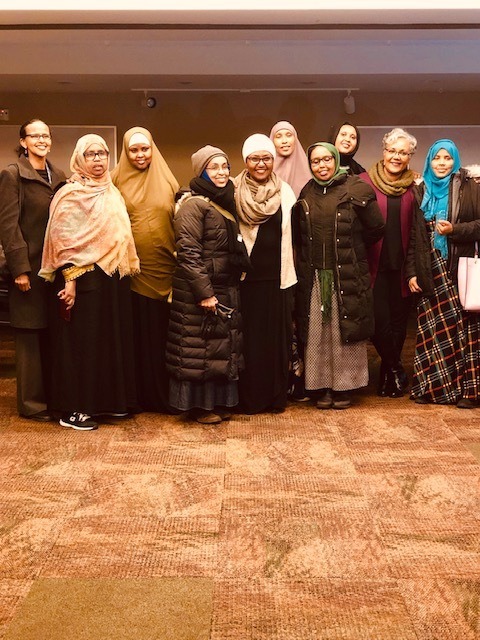
Mary’s Pence partners with organizations that are community-centered. This quality is one of the main criteria we use to determine whether a project qualifies for a grant. We see an organization as “community-centered” if it emerges from a need identified within a community and it is collaboratively developed by members of the community. The focus and content of a project should be shown to have risen from collective community input, ideas and preferences. We also look for community representation at all levels of the organization, from the staff and board to volunteers. Mary’s Pence prioritizes projects that demonstrate the phrase used by disability activists, “nothing about us, without us.”
The importance of centering on community comes from a long-held belief of Mary’s Pence that only community created solutions can address community problems. A failure to include community voices at the table where decisions are made guarantees that those decisions will fail. Only the insight and lived experience of those impacted by an issue can provide a full understanding of the issue and the impact of possible solutions. By only funding projects that include active participation and engagement by the community, we help ensure that the work we fund promotes solutions rooted in equity.
This process of including voices is exemplified by the work and recent name change of former Mary’s Pence grantee Ayada Leads (“ayada” means “she” in Somali, which makes the complete name “She Leads”). Formerly known as Women Organizing Women (WOW) Network, Ayada Leads decided to change their name from a commonly used and potentially confusing acronym to a name that draws people into the full story of their work and their community.
Given the organization’s commitment to centering community in its daily work, it comes as no surprise that Ayada Leads sought out community voices and opinions as a basis for their name change. The process began with a consultation of the women they worked with. “We went out and asked the women we work with for ideas for how they felt the work should be included in the name.” The message they received was clear: the women “wanted us to pick something that shows our background,” Habon said. “We often want to highlight that yes, we are immigrants, but we are also American. We want to show where we come from, who we are, and what we can contribute to the new society.”
“The new name shows the bicultural, bilingual face of the organization; it includes our cultural background as part of the social fabric we live in.” says Executive Director and Founder Habon Abdulle, PhD. “With the name Ayada Leads, we hope to show that this is a new American women’s organization; the background of our focus is Africa–particularly Somali-American women.” The group also hopes that people will be curious about the unique name and want to look it up and learn more.
Those who are curious will find an organization of women who want to create a space in which women with political ambition can come together and discuss how to make change. Before Ayada Leads, Habon remembers that when she interviewed young women on their interest in political leadership, they would respond “‘Yes. I’m interested, but I’m not sure the community is ready for a woman to take the lead’.” To address this, Ayada Leads has developed strategies to encourage women to participate in community gatherings “and ask –or sometimes demand – that women be present,” Habon explains. “That was our way of telling the community that women…don’t want to work behind the scenes.”
This approach has been successful. As a result of their work, Ayada Leads has seen a surge in the number of women from the Somali-American and East African communities who are running for office. According to Hadon, “women in our community feel confident that they can decide to run for office…That’s a really proud moment – and indicates our highest achievement. It shows how we’ve changed the attitude and mindset of the Somali-American community and it’s part of the work we do community-wide.”
